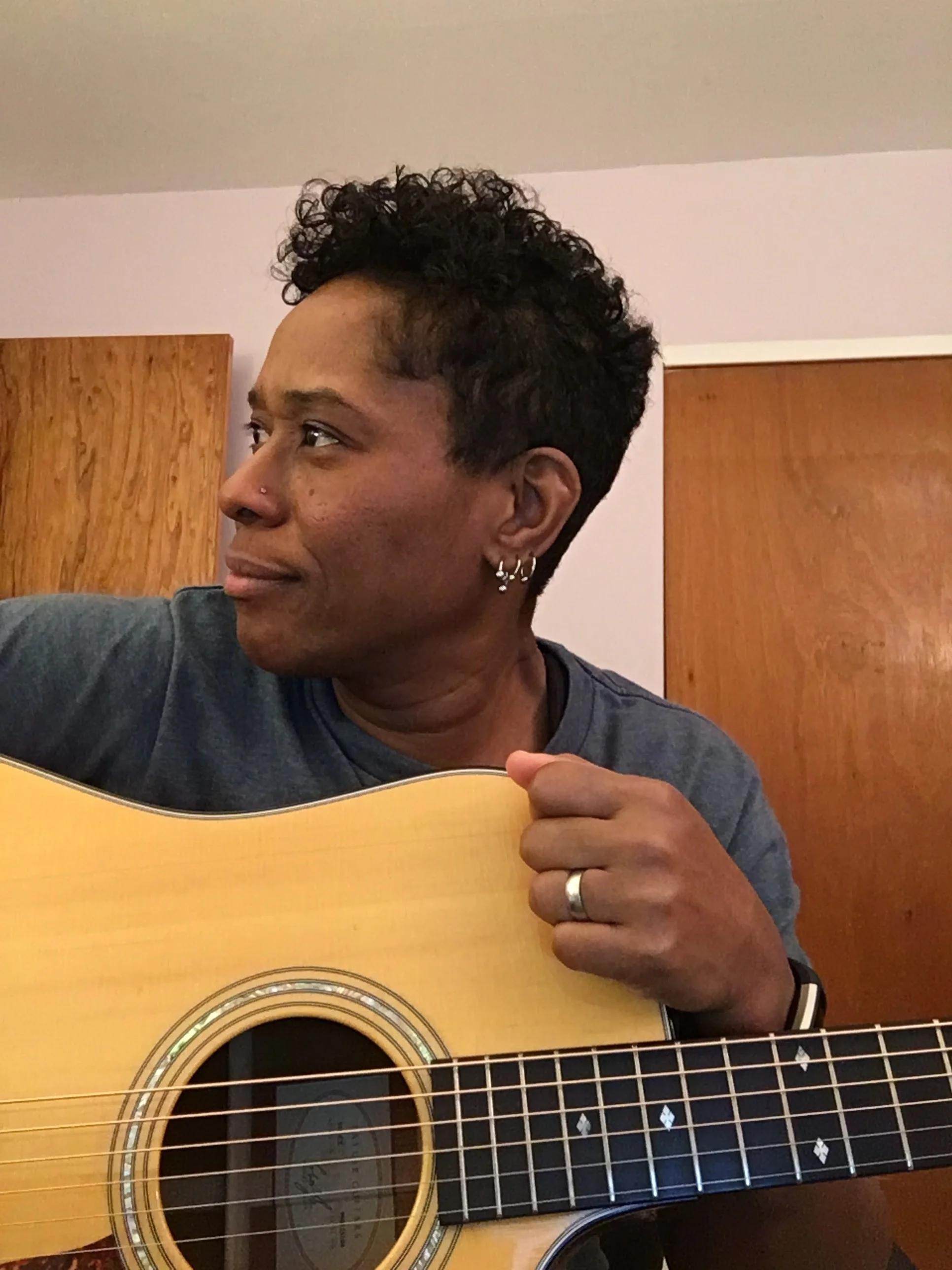Hello, and welcome to another Minute lessons from the Torah. This week we begin the book of Exodus with the Parsha Shemot (Exodus 1:1–6:1). The Israelites are now slaves in Egypt. Our hero Moses is now a criminal and living as a shepherd. One day he takes his sheep into the wilderness and he sees a bush all aflame, yet the bush was not consumed. Mose turned to investigate this amazing site and when God saw that Moses turned to look, God said. Dude!! Take your shoes off your feet, for the place on which you stand is holy ground.
One of my teachers told me that we have a Midrash, an ancient story, that tells us that the bush was burning for a long time and it was well known to the local people and many came to see this cool attraction. But what set Moses apart from everyone else was that the bush didn’t merely catch his eye, it was something he realized must be investigated. He was inspired by what he saw, and he left the path he was on, to investigate.
Moses was willing to step out of his comfort zone, to look into something that could provide him with more meaning. Only after God saw that Moses turned off his regular path to investigate, did God call out to him, and Moses replies hineni, here I am.
How many times have we missed out on the extraordinary awe of God because we thought it was an ordinary burning bush
